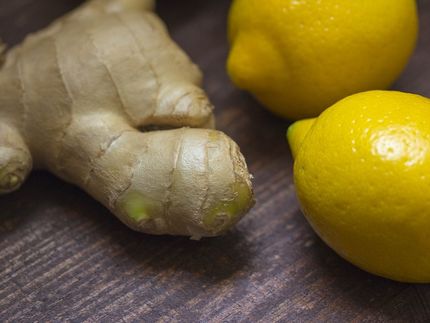McGill researchers shed light on formation of carcinogen in processed food products
Advertisement
Furan, a potentially dangerous chemical, has been found by Health Canada and the U.S. food and Drug Administration (FDA) in processed foods, especially canned or bottled foods. A new study by McGill researchers Varoujan Yaylayan and Carolina Perez Locas explains the presence of this chemical in a wide range of food products.
The study, published in the October 2004 issue of Journal of Agricultural and Food Chemistry, shows how food-based amino acids and sugars break down when heated to produce furan. It also identifies other food components, such as vitamin C and polyunsaturated fatty acids, which may produce furan as an unwanted by-product of cooking, bottling or canning food products.
"Furan and its derivatives sometimes form when amino acids or sugars are broken down by the heat of cooking," explains Yaylayan. "Normally, furan is a volatile chemical which tends to quickly evaporate. However, when it cannot escape for some reason, for example if it is in sealed cans or jars, then it remains present in the food for some time."
While traces of furan and furan-containing products have been found in some processed and cooked products, especially canned and bottled foods, there's no reason for consumers to change their shopping habits, according to government health agencies. The quantities of furan in foods are well below what is considered dangerous.
Although furans have been linked to cancer in experimental animals, there is no direct evidence that furans are human carcinogens.
Most read news
Topics
Organizations
Other news from the department science

Get the chemical industry in your inbox
By submitting this form you agree that LUMITOS AG will send you the newsletter(s) selected above by email. Your data will not be passed on to third parties. Your data will be stored and processed in accordance with our data protection regulations. LUMITOS may contact you by email for the purpose of advertising or market and opinion surveys. You can revoke your consent at any time without giving reasons to LUMITOS AG, Ernst-Augustin-Str. 2, 12489 Berlin, Germany or by e-mail at revoke@lumitos.com with effect for the future. In addition, each email contains a link to unsubscribe from the corresponding newsletter.































































